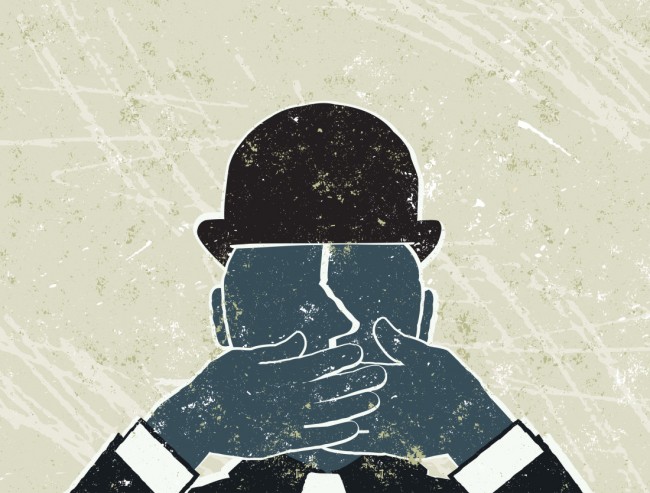Show posts for: Fifth Amendment
-
 Read more
Read moreThe Department of Justice’s recent Yates Memo creates a new emphasis on individual accountability for corporate or entity wrongdoing. It also enhances the risk to corporate employees that they will need to choose between cooperating with an employer’s investigation—and potentially incriminating themselves—or asserting their Fifth Amendment right to remain silent and risking their jobs. (For examples of this dilemma, see our posts here and here.)
But being fired for “taking the Fifth” is not a recent phenomenon.
In the last century, this issue arose in the 1950s, when employment contracts more commonly contained “good conduct” or “morals” clauses.
-
 Read more
Read moreAn employee who is accused of participating in corporate wrongdoing can face potentially life-changing choices almost immediately. When a company learns of alleged wrongdoing, it is likely to start an internal investigation into the misconduct. As part of the investigation, attorneys or other investigators will seek to interview those with relevant knowledge, including employees who are allegedly involved in the wrongdoing.
When that happens, the employees face a critical choice: do I stay silent, or do I talk to the investigators? If the employees refuse to talk, they could be fired; if they do talk, the government could use their statements against them in a criminal case.
-
 Read more
Read moreRecently, in a government investigation by the civil division of a United States Attorney’s Office, an employee of a private company was deposed pursuant to a Civil Investigative Demand (CID). The employee, on the advice of counsel, refused to answer questions on certain topics and invoked the Fifth Amendment right against compulsory self-incrimination (she “took the Fifth” in common shorthand). Several days later, she was fired by her employer for taking the Fifth. (The employer claimed that it wanted to show cooperation with the government’s investigation and taking the Fifth is viewed as being non-cooperative.) When I recounted this story to my non-lawyer fiancée, he was outraged and wondered how could her employer do such a thing? Wasn’t this retaliation? Didn’t she have a clear wrongful termination claim against her employer? Good questions. While most, if not all, states (and the federal government) have enacted provisions to protect employees who blow the whistle on illegal activity from retaliatory discharge, is there any protection from discharge for an employee of a private company who chooses to keep mum to protect herself?
The short answer is no.
In our Bill of Rights, No. 5, it is written that “[n]o person … shall be compelled in any criminal case to be a witness against himself.” Although the text limits the right to stay silent in a criminal case, it is generally accepted that a witness may assert the right in any context in which the witness fears his/her statements may later be used against him/her. Thus, as an American I have the right to refuse to answer questions or offer information which I fear could incriminate me. [A full discussion of the scope of Fifth Amendment protection is beyond the scope of this post. To learn more about the Fifth Amendment protections against self-incrimination, I refer the reader to The Privilege of Silence, authored by my fellow Zuckerman Spaeder attorneys Steven M. Salky and Paul B. Hynes and available here.]
As the regulatory and business environments in which our clients operate grow increasingly complex, we identify and offer perspectives on significant legal developments affecting businesses, organizations, and individuals. Each post aims to address timely issues and trends by evaluating impactful decisions, sharing observations of key enforcement changes, or distilling best practices drawn from experience. InsightZS also features personal interest pieces about the impact of our legal work in our communities and about associate life at Zuckerman Spaeder.
Information provided on InsightZS should not be considered legal advice and expressed views are those of the authors alone. Readers should seek specific legal guidance before acting in any particular circumstance.
Contributing Editors

John J. Connolly
Partner
Email | +1 410.949.1149

Andrew N. Goldfarb
Partner
Email | +1 202.778.1822

Sara Alpert Lawson
Partner
Email | +1 410.949.1181

Nicholas M. DiCarlo
Associate
Email | +1 202.778.1835




